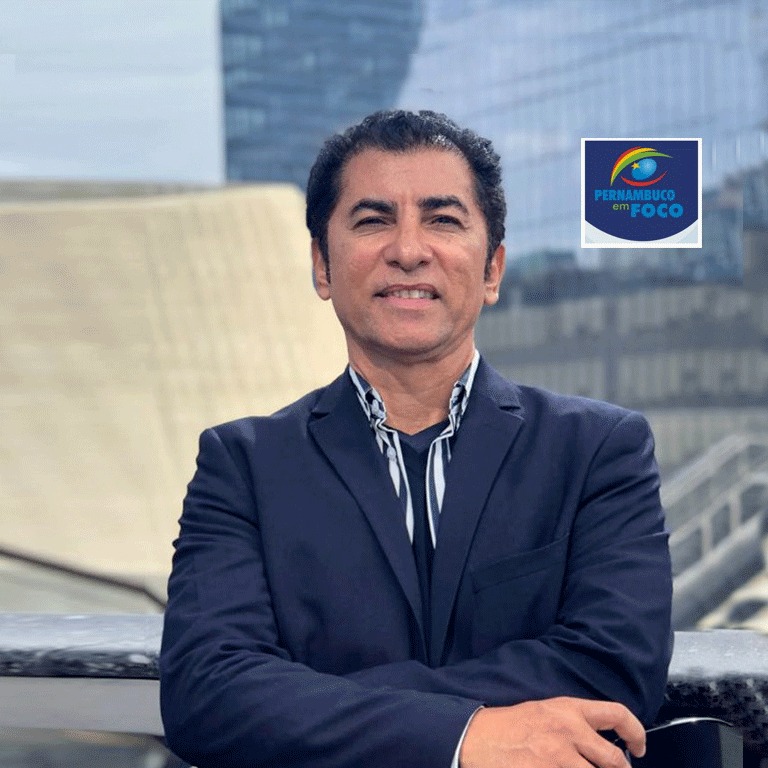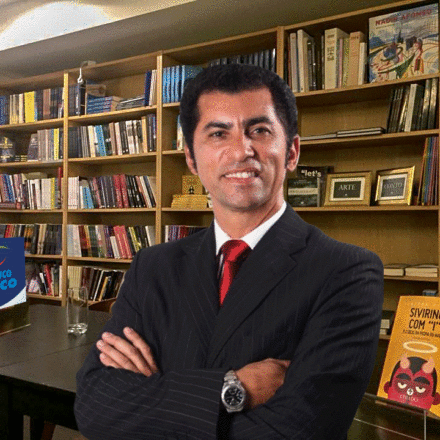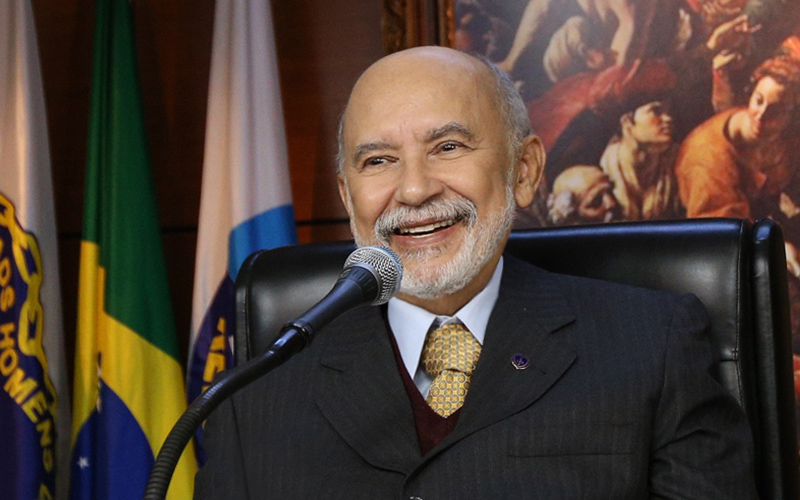Montreal, Canada
Following the facts we have been narrating, between 12 and 10 thousand years before the present moment, human beings dominate Africa with the power of their reasoning and from there expand their domain to the ends of the Earth, in addition to starting the exploration of the Moon and of Mars.
Then, 6,000 years ago, human beings began to domesticate plants and animals. In a large region of Sumeria, round writing and planned agriculture with fixed crops throughout the year are developed.
Gradually, writing favors religious and political control in towns and city-states, as it works as a large archive and storeroom for ideas and creations, enabling more accelerated development of peoples.
Five thousand years BC, the human being uses the donkey and the donkey as a means of transport to create long trails of commerce.
Thus, it is possible to say that the donkeys were the first internet, the first great “servers” on the planet, and the first source of globalization. With them, it was possible to carry goods, information, and ideas that helped to form commercial and cultural networks that linked Asia, Africa, and Europe.
Closer to our days, around 4 thousand years BC, human beings learned to domesticate horses and converted them into machines of war and of plowing the land with the ox. It was the expansion of power and politics over the continents.
Then, between 2600 and 600 BC, it is time for humans to create cavalry as a war strategy. As war historian Martin Morgan puts it, chivalry made possible the emergence of Empires with their centralized dictatorial rule wherever they existed and existed.
As empires expanded, they provided for the emergence of new beliefs or the idea of the Universal and Unique God.
Monotheism is embraced by Judaism and Islam, as Christianity has never been able to explain well the existence of its three gods: God the Father, God the Son, and God the Holy Spirit.
At the same time, Hinduism, Buddhism, Shintoism emerged. The great religions establish themselves on the world stage and indoctrination becomes another form of domination, power, and, in some cases, of enslaving reasoning to the blind belief that opposes science.
During this same period, in Egypt, the great pyramids were built, “Stonehenge” in Great Britain, and in Sumeria, the “ziggurats” as astrological and astronomical observatories, in the phase of thirst and hunger for knowledge that precede the return to the cult of ignorance and dogma, because that’s how history runs its course between advances and setbacks.
In civil engineering, the human discovers bitumen and simple and complex constructions multiply. The Sumerian metric system of counting was based on the number 12 and because of this, the day is divided into 2 blocks of 12 hours, our hour in 60 minutes and our minutes in 60 seconds.
The Sumerians are historically credited with inventing the wheel and carts that helped so much to accelerate the race for development. For evolutionists, none of this would be done without the energy of the Big Bang supernova explosions.
The Iron Age appears and in it, ships and countless categories of buildings with more resistant structures become “houses” and floating vessels that sail the seas and allow for the discovery of new continents and the globalization of trade. These are constructions that, in general, change the archetype of the world and allow new evolutionary leaps for humanity.
In 1000 BC, trade had already globalized the world. Around 100 BC, the remarkable HAN DYNASTY and a trade network that links China to the Roman Empire appeared in China. In 300 years, between 100 BC and 200 AD, commercial exchange completely vascularizes the ancient world and paves roads for economic and social development. It was no longer just an exchange of goods, but of different ideas and cultures.
The historical march takes its courses between advances and setbacks, marked by the resurgence of religious fervor, especially that which from time to time inhibits science. But, as life is an unstoppable step forward, some enlightenment occasionally appears, until the most significant occurs in the 16th century, taking the human being from the periphery of existence and placing him at the center of the rational universe.
In the 16th century AD, Thomas Hobbes takes up ideas from Thales of Miletus (who lived in the 5th century BC) and writes about evolutionary theory, paving the way so that in the 18th century Charles R. Darwin could theorize and systematize evolutionism.
As I have been stressing in previous episodes, in Hobbes’ reading, man is “the wolf of man” in a “war of all against all” (book Leviathan). Could this be the possibility of explaining that we are all prone to sacrifice ethics in the name of greed and corruption?
Charles Darwin, in his book Origin of Species, outlines the profile of humanity, saying that “from the rapid expansion with which they tend to increase, all organic beings inevitably engage in a struggle for survival” (El origen de las especies: 2006).
Does corruption with public funds occur because both those who corrupt and those who allow themselves to be corrupted have the same and extreme selfish desire to dominate, and subjugate others and the surrounding resources?
And when a person has access to the politics and coffers of the State, will his ambition be strengthened? What do the dominant people come to represent in the worldview of corrupt politicians?
And what about the people? Why, despite suffering, continues to feed the parasitic politicians who suck the energies of their own body, election after election? Check the possible answers to the previous questions below:
(…) The people lack to educate and allow themselves to be educated;
(…) People lack quality education and willingness to learn and practice what is right;
(…) There is a lack of courage to reject the left, right and political center, who only love the infamous politics and formal democracy, that is, they promise a lot and only deliver crumbs to the Nation;
(…) There is shame in the face of corrupt politicians and voters who elect corrupt politicians, out of blind passion or in exchange for some favor;
(….)All the above answers are correct.
THE END
Thank you for following these 25 episodes. This is perhaps the longest series of articles ever written on corruption from the perspective of creationist and evolutionary theories. I hope it served to make you reflect and if any readers still want to go deeper into the topic, then I’m satisfied.










